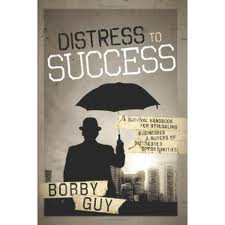As I feared, things are looking bleak on Main Street.
Chief economist for the NFIB William C. Dunkelberg, issued the following statement on May job numbers, based on NFIB’s monthly economic survey that will be released on Tuesday, June 7, 2011.
“After solid
job gains early in the year, progress has slowed to a trickle. The two NFIB
indicators–job openings and hiring plans–that predict the unemployment rate
both fell, suggesting that the rate itself will rise.“May’s job
numbers will disappoint; meaningful job creation on Main Street has
collapsed.“Twelve
percent (seasonally adjusted) of small-business owners reported unfilled job
openings (down 2 points). Further indications of minimal future growth include
the fact that in the next three months, 13 percent plan to increase employment
(down 3 points), and 8 percent plan to reduce their workforce (up 2 points).
That yields a seasonally adjusted net negative 1 percent of owners planning to
create new jobs, a 3 point loss from April.“Overall, reports of job reductions have
returned to historically normal levels. However, the percent of owners hiring
has not recovered to levels historically observed after two years of expansion.
With one in four owners still
reporting ‘weak sales’ as their No. 1 business problem, there is little
need to add employees, especially with the uncertainty about future labor costs
arising from new regulation and legislation. And, if Congress doesn’t deal
effectively with the trillion dollar deficit, we’ve got plenty to keep us
worried.”
Plenty to keep us worried indeed. Remember that almost every past recovery has been led by small business owners.
And we still have to worry about inflation even with a possible double dip recession…..
Keep on hunkering down….This economic morass ain’t even close to being over.






